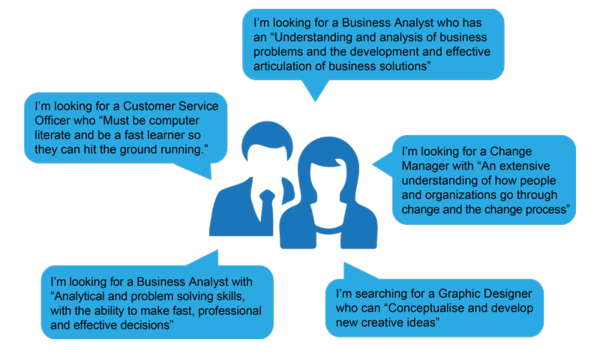The reviewed literature emphasises the adaptability, flexibility and learning skills demonstrated by workforce due to the rapid digital transformation that has occurred within industries in response to the COVID-19 pandemic. Examples include:
- The power of TAFE: the COVID story explores the approaches TAFE staff took to adapt at the onset of the pandemic. Virtually overnight TAFE staff transformed their teaching and training to be delivered into the home of students for over seventy per cent of activity.
- The research conducted for Service Innovation Deep Dive: Capturing and Leveraging Learnings from Service Innovation during COVID-19 found that organisations in the aged care, disability services, and emergency relief sectors adapted rapidly in order to continue meeting their clients’ needs during the COVID-19 crisis, leveraged technology, such conducting cooking, art and exercise classes and social groups online.
- In People Matters: Unleashing The Future, all respondents acknowledged the incredible resilience and capacity of their people to manage often overwhelming change.
There have been a number of businesses that have adapted their operations and products to assist with the COVID-19 health response. The Australian Government Department of Industry, Science, Energy and Resources has showcased some of these, primarily manufacturing, businesses.
Industries and their workforces providing essential services have been required to be innovative and adaptive to change due to government health measures, sometimes at short notice. There have been rostering changes, capacity limits, and additional hygiene requirements for the majority of industries as they have needed to retain provision of onsite labour or in-person services. Critical industries and occupations have varied between the states and territories, but have generally included the Health, Public Safety, Utilities, Retail (essential), Transport, Agriculture, Aquaculture, Education, Mining, Manufacturing (major), particularly Food and Pharmaceuticals, and Information and Communications Technology sectors that relate to telecommunications, data, broadcasting and media services.
Skills Urgency: Transforming Australia’s Workplaces reports that respondents to the survey, which focussed specifically on the skill needs and workforce development plans of businesses as they ramped up their activity, indicated they have a growing need for soft skills, such as problem solving, adaptability, creativity, and initiative. The employers surveyed representing a mix of industry sectors including Manufacturing, Construction, Services and Mining, and the demand for soft skills had increased substantially for occupational categories including Managers, Professionals, Sales Workers, Technicians and Trade Workers, and Clerical and Administrative workers.







